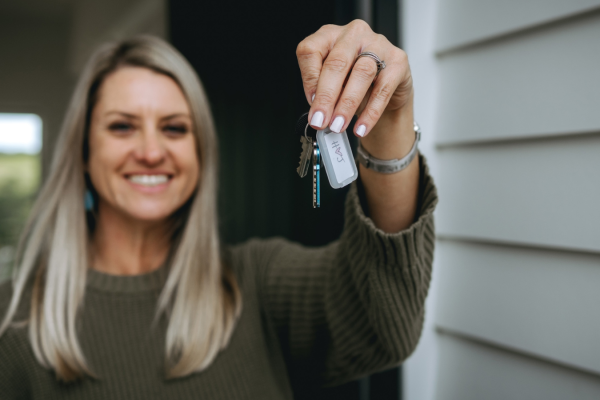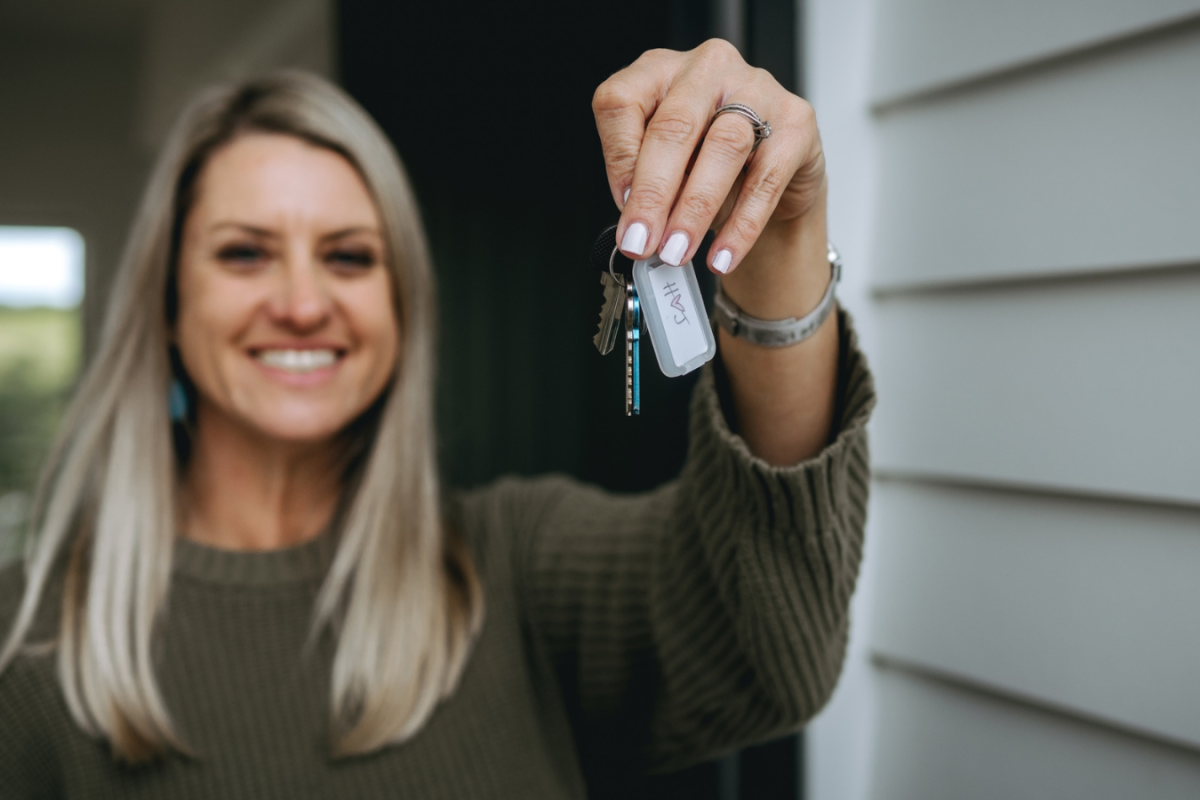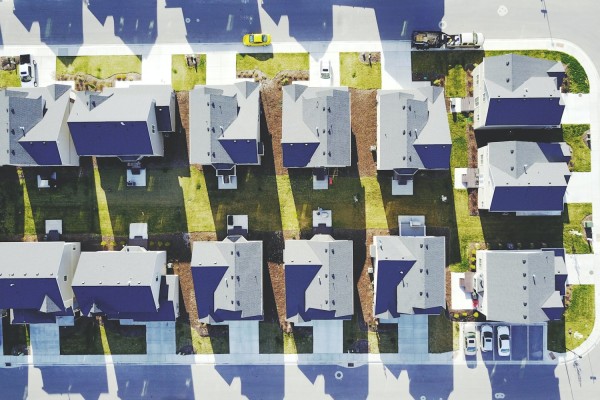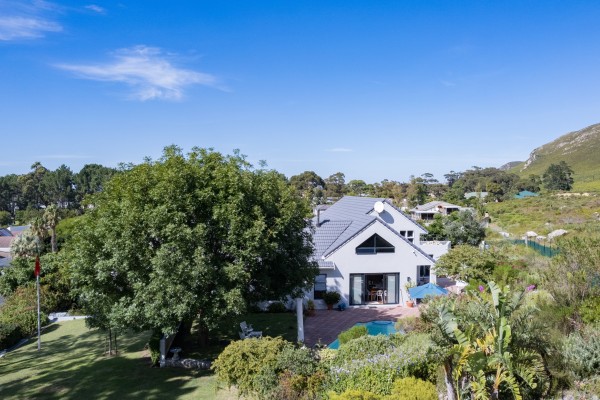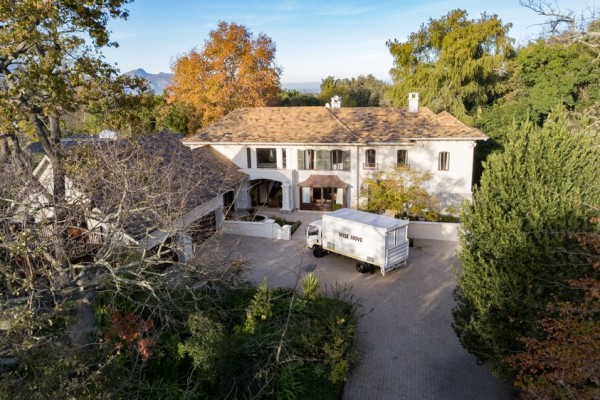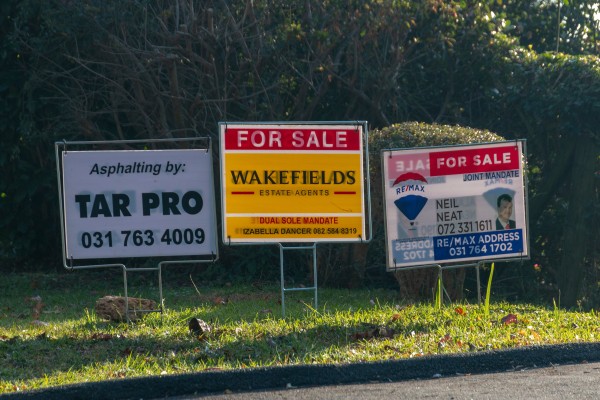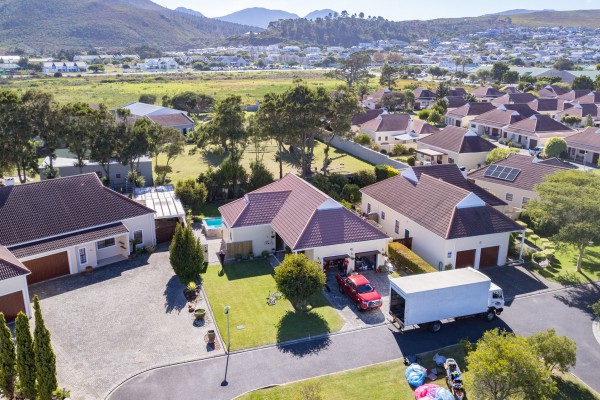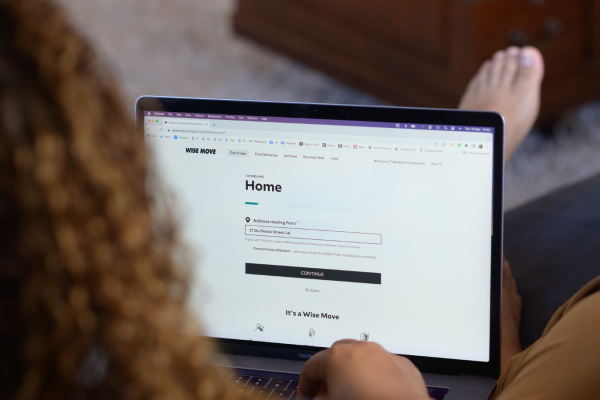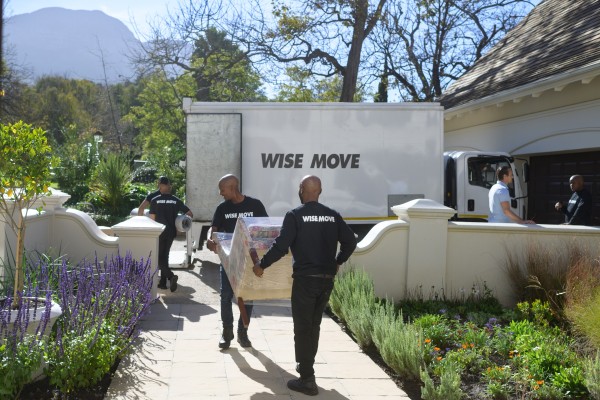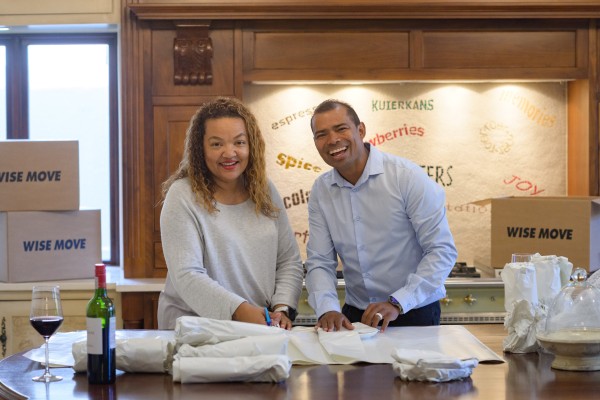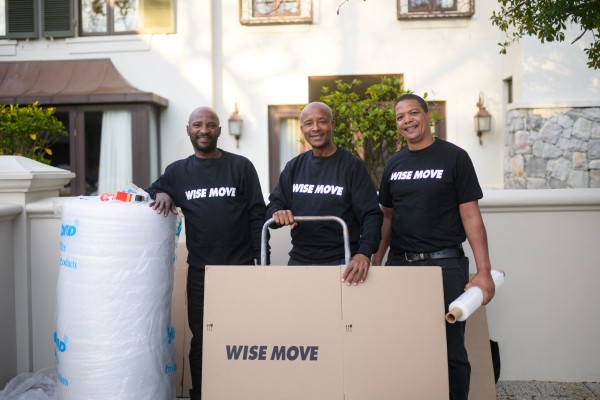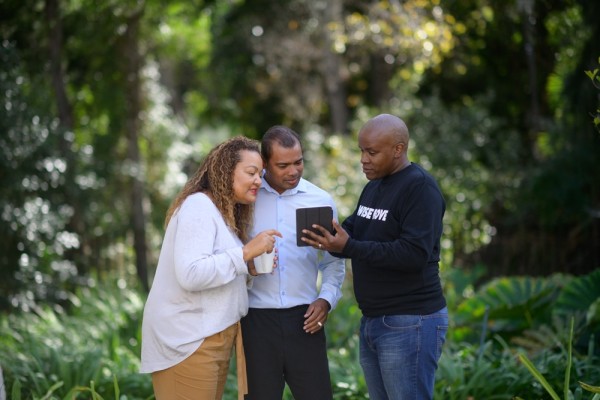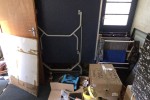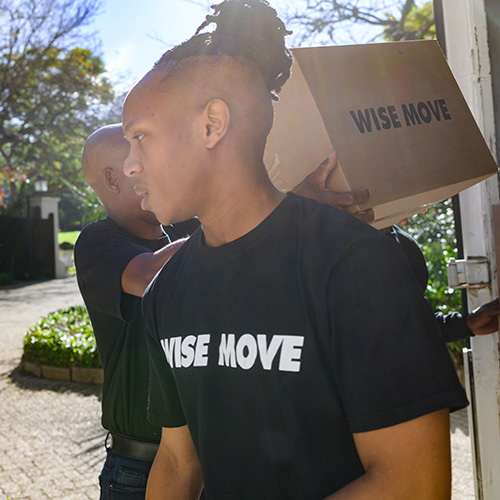
Are you renting a property in South Africa and looking to understand your tenancy rights and responsibilities? Well, you’ve come to the right place!
Renting a property in South Africa can be a significant life step. And if you’re not careful, you may find yourself in a tricky and uncomfortable rental arrangement that puts you and your rights at risk. But don’t worry — we’re here to make sure that never happens.
To help you navigate your rental agreements confidently, protect your tenancy rights and ensure a harmonious relationship between you and your landlord, here is our comprehensive guide to understanding your tenancy rights in South Africa.
Understanding Your Lease Agreement
The foundation of any renting arrangement is the lease or rental agreement — a legally binding contract that outlines the terms and conditions of the tenancy. From rent payments to property maintenance responsibilities, the lease agreement serves as a roadmap for both landlords and tenants to ensure a clear and smooth rental arrangement.
It's crucial to thoroughly review and understand the terms of the rental agreement before signing to avoid any misunderstandings or disputes down the line.
But with all the legal jargon, leases can sometimes be quite tricky to understand, especially if you’re a first-time renter reading your first lease. To give you a hand, here are some of the key terms of a lease agreement you should know:
- Rent: The amount of money the tenant agrees to pay the landlord in exchange for the right to occupy the property. Rent is usually paid monthly but can be payable weekly or even annually, depending on the terms of the agreement.
- Lease Term: The duration of the tenancy, specifying the start and end dates and times of the lease. This could be a fixed term (e.g., one year) or a periodic term (e.g., month-to-month).
- Security Deposit: A refundable payment made by the tenant to the landlord to cover any damages to the property beyond normal wear and tear. The security deposit is typically returned to the tenant at the end of the lease term, minus any deductions for damages or unpaid rent.
- Utilities: Specifies which utilities (such as water, electricity or internet) are included in the rent and which ones the tenant is responsible for paying separately.
- Maintenance Responsibilities: Outlines the responsibilities of both the landlord and tenant regarding property maintenance. This may include who is responsible for garden care, repairs and general maintenance of the property.
- Subletting: Specifies whether the tenant is allowed to sublet the property to someone else with the landlord's approval.
- Notice Period: Specifies the amount of notice that either the landlord or tenant must provide for lease renewal, termination or entry into the property by the landlord for inspections or repairs.
- Landlord's Access: Specifies the circumstances under which the landlord may enter the property, such as for repairs, inspections or emergencies and the notice period required.
Tenancy Rights in South Africa
 As a tenant in South Africa, you are entitled to certain rights and protections under the Rental Housing Act. If you want to make sure your rights are being protected and your renting arrangement is fair, it’s essential that you know and understand your tenancy rights.
As a tenant in South Africa, you are entitled to certain rights and protections under the Rental Housing Act. If you want to make sure your rights are being protected and your renting arrangement is fair, it’s essential that you know and understand your tenancy rights.
1. Right to a Habitable Property
Your landlord is obligated to provide you with a property that meets basic standards of habitability, including adequate sanitation, electricity and structural integrity. If the property is uninhabitable due to neglect or damages, you have the right to request repairs from your landlord.
2. Right to Privacy
You have the right to privacy in your rented property. Your landlord must provide a valid reason and prior notice of at least 24 hours before entering the premises for inspections or repairs, except in cases of emergency.
3. Right to Quiet Enjoyment
You have the right to peaceful and quiet enjoyment of your rented property. Your landlord or other tenants cannot disturb your peace and quiet without valid reasons.
4. Right to Fair Housing Practices
Discrimination in housing matters is illegal in South Africa. Landlords cannot refuse to rent to tenants based on race, gender, religion, disability or other protected characteristics. Tenants have the right to equal treatment in housing.
5. Right to an Invested Deposit
By law, your landlord is required to invest your deposit in an interest-bearing account where the interest rates of the account must at least equal to the interest rates of a savings account at the financial institution. This means that if no deductions are made from your deposit at the end of your lease term, your deposit should have gone up in value.
Your Responsibilities as a tenant in South Africa
With your tenancy rights comes a set of responsibilities to make sure your landlord is also protected and to maintain a harmonious, positive renting experience. If you're renting in South Africa, make sure you're ready to commit to the following responsibilities:
- Payment of Rent
You must pay rent in full and on time according to the terms of the lease agreement. Failure to do so could give your landlord the right to begin eviction proceedings.
- Property Maintenance
While your landlord is responsible for major repairs and structural maintenance outlined in the lease agreement, you are expected to maintain the property in a clean and sanitary condition. This includes regular cleaning, preventing damage where possible and immediately reporting any maintenance issues.
- Respecting Property Rules
You must abide by any rules or regulations outlined in the lease agreement by the landlord. This may include restrictions on pets, noise levels or alterations to the property, such as painting or drilling holes.
- Notification of Issues
You should notify the landlord of any maintenance issues or repairs needed on the property as soon as possible. Failure to report problems could result in further damage and potentially lead to you becoming liable.
How to legally terminate Your Lease Agreement
 In some cases, you may need to terminate your lease agreement before the end of the lease term, whether it’s due to relocation, changes in your financial situation or other reasons.
In some cases, you may need to terminate your lease agreement before the end of the lease term, whether it’s due to relocation, changes in your financial situation or other reasons.
When it comes to terminating your lease agreement, it’s important to handle the process carefully and correctly, otherwise, you may end up breaching your contract and potentially face legal implications.
To help you terminate your lease agreement correctly, here are some crucial steps to consider:
-
Review the Rental Agreement: Start by reviewing your lease agreement to clearly understand the terms and conditions regarding lease termination. Some agreements may include requirements for early termination, such as penalties or a specific notice period.
-
Provide Notice: In most cases, tenants are required to provide written notice to the landlord before terminating the lease agreement. The notice period may vary depending on the terms of the rental agreement, but according to the Consumer Protection Act, you are required to provide written notice at least 20 business days prior to termination.
-
Communicate with the Landlord: Once you've decided to terminate your lease and provide written notice within the notice period, communicate the details with the landlord in a timely and respectful manner. Discuss any necessary arrangements, such as the return of keys or the final inspection of the property.
-
Settle Financial Obligations: Ensure that all outstanding rent payments and other financial obligations are settled before vacating the property. Failure to do so could result in legal action, damage to your rental history or risk deductions from your deposit.
-
Move Out Properly: When moving out of the property, ensure that it’s left in a clean and undamaged condition. Follow any move-out procedures outlined in the rental agreement.
How to Protect Your Tenancy Rights
Understanding your tenancy rights and responsibilities is the first step to protecting yourself as a tenant in South Africa. But there are a few more steps you can take to fully protect yourself in a renting arrangement.
Here are some tips for safeguarding your tenancy rights in South Africa:
-
Thoroughly Read Your Lease Agreement: Before signing your lease agreement, make sure you have read and understood everything — from every word to every clause — to make sure the agreement is fair and doesn’t put you at risk. Seek help to clarify anything you don’t understand and discuss any concerns you may have with your landlord.
-
Keep Records: Maintain detailed records of all communication with your landlord, including rental payments, repairs and any disputes that may arise. These records can serve as valuable evidence if there are any issues.
-
Seek Legal Advice: If you encounter any issues or disputes with your landlord that you are unable to resolve on your own, consider seeking legal advice from a qualified attorney.
-
Stay Informed: Keep an eye out for any changes to tenancy laws and regulations in South Africa. Knowledge is power, and staying up-to-date on legal developments can help you protect your rights as a tenant.
Final thoughts
By familiarising yourself with your rights under the law, communicating openly with your landlord and taking proactive steps to protect your tenancy rights, you’re making the wise move which will help you navigate the rental market with confidence and enjoy a secure and comfortable living environment. Good luck and happy renting!
What do our customers say?



